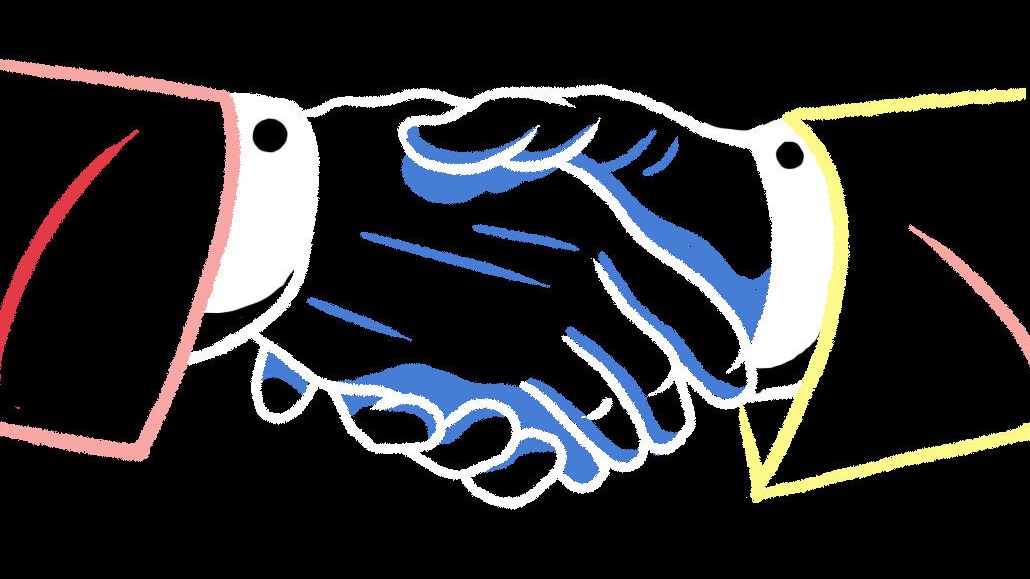
Carlsberg marketers face an almost possible task in trying to assess the outlook for media amid a constantly changing landscape. Even so, they’re still trying, and they’ve roped in iProspect to help.
The Dentsu-owned agency is in the process of onboarding the beer brewer after replacing Initiative following a six-year stint on the account.
While such changes are common in advertising, Carlsberg’s decision to pick iProspect, known for its digital expertise, over Wavemaker Global and Zenith, speaks volumes about its focus ahead.
“Six years ago we, like a lot of other businesses, were buying digital a bit like we were buying traditional media in so far as impressions and reach were enough,” said Henna Mertsola, global digital marketing and media director at Carlsberg Group. “Things are different now, especially in our more mature markets.”
This is not least because the way the brewer defines digital media has changed. It’s a lot more nuanced nowadays; the once distinct realms of print, broadcast and online media converge frequently, creating challenges and opportunities aplenty for businesses. As a result, it has become harder to track advertising from a financial perspective, said Mertsola.
She continued, “It’s getting hard for me from a finance point of view to figure out how much we’re putting into digital because it’s evolving.”
Hence, it’s not surprising that Mertsola said she and her colleagues were keen on finding an agency with strong measurement expertise. Among the few that stand out in this area are iProspect and Dentsu. Both have been vocal about their own burgeoning approach to measurement, developing tools and partnerships that capture attention (they say, at least) with greater accuracy than existing methods.
Moves like this were always going to pique the interest of a business like Calrsberg.
“We run a quite tight ship here at Carlsberg,” Mertsola said in reference to the long shadow the company’s procurement team cast over all its spending.
That’s not to say the pitch and subsequent decision were purely procurement driven, said Mertsola. On the contrary, cost was one of several criteria including scale, business intelligence and commerce. Nevertheless, everything the advertiser is working toward with iProspect is rooted in how it can spend its dollars more wisely.
“This was clear in the pitch process where it was clear that the marketing and procurement teams worked closely together,” said Amanda Morrissey, global client and brand president at iProspect. “So when we started to talk about things like the attention economy, and how it could really have an impact on advertising that was fully understood right through from commercial to procurement, through to the marketing sides of the business.”
While details are scant on how this will all come together, Carlsberg’s marketers already got a glimpse into what could work during the pitch.
As Morrissey explained, “We used our identity platform [during the pitch] to help Carlsberg really understand their audiences better and then we were able to build it out from there.”
Getting to this point will take time. For now, both companies are still figuring out what the right setup should be at a global and local level.
“We’re really looking at iProspect to guide us on what is the best approach on things like what’s the best type of teams and what would be the most efficient way of working, with what tools and so on,” said Mertsola.
This scenario appears typical. A prominent brand enlists a large agency with hopes of achieving substantial advertising gains. Unfortunately, these gains often fail to materialize due to the expensive changes required, which many businesses can’t bear. Consequently, these moves don’t live up to their grand expectations. However, in this latest partnership, there’s a distinct sense of pragmatism that permeates the soundbites. The emphasis now lies in implementing smaller, yet arguably more focused changes rather than ambitious ones. Perhaps, this time, the outcome will be different.
“There’s a need for transparency in the media we as marketers buy,” said Mertsola. “We have to be more accountable internally when it comes to being able to give the best answers when questioned on whether we’re using our dollars in digital in the best way.”
Her remarks highlight a broader trend in advertising: As companies like Calrsberg invest substantial amounts in digital ads, marketers must exercise prudence to avoid scrutiny from corporate finance departments. This is where agency CEOs would argue they play a vital role — and they may have a point. Despite their challenges, agencies have managed to strengthen their role in helping marketers to become more responsible.
The numbers speak for themselves.
The global billings managed by media agency networks owned by the big six holding companies plus major independent media agencies reached $253 billion in 2022. Combined, they represent 96% of the global media investments studied by COMvergence and experienced an overall growth of 8% versus 2021.
So much for the death of the agency model.
More in Marketing

Zero-click search is changing how small brands show up online — and spend
To appease the AI powers that be, brands are prioritizing things like blogs, brand content and landing pages.

More creators, less money: Creator economy expansion leaves mid-tier creators behind
As brands get pickier and budgets tighten, mid-tier creators are finding fewer deals in the booming influencer economy.

‘Still not a top tier ad platform’: Advertisers on Linda Yaccarino’s departure as CEO of X
Linda Yaccarino — the CEO who was never really in charge.








